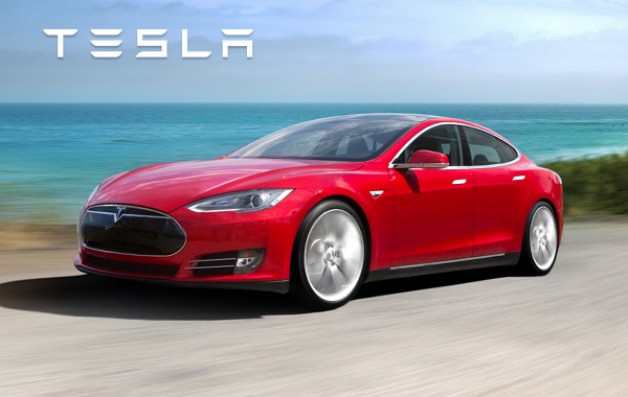
Short intro about the car selling law
In numerous states throughout the United States, automakers are bound by laws that prohibit them from directly selling their vehicles to consumers. These restrictive regulations mandate that cars can only be sold through third-party dealerships.
However, one automaker, Tesla, has been at the forefront of challenging these laws in various states, including Massachusetts, Missouri, North Carolina, Ohio, New Jersey, Texas, and Michigan.
The latest its victory comes from Maryland, where Governor Larry Hogan recently signed House Bill 235 into law, granting the electric automaker the right to bypass third-party dealerships and sell vehicles directly to customers.
This landmark decision marks a significant milestone in Tesla’s mission to revolutionize the automotive industry and promote the adoption of electric vehicles (EVs).
Tesla’s Legal Triumph in Maryland
Governor Hogan’s signing of House Bill 235 in Maryland has opened the doors for Tesla to establish up to four dealerships within the state, commencing from October 1.
This development is expected to reshape the automotive landscape, giving it the opportunity to provide a unique and customer-centric experience to potential EV buyers.
Diarmuid O’Connell, Tesla’s vice president of corporate and business development, expressed optimism that this success in Maryland will pave the way for similar breakthroughs in other states like Connecticut, Michigan, Texas, and Arizona.
The hope is that this momentum, combined with support from influential entities such as the Federal Trade Commission, will lead to a broader acceptance of direct sales models for automakers across the country.
A Paradigm Shift in the Automotive Industry
The existing legislation that restricts automakers from selling their vehicles directly to consumers stems from historical practices aimed at preventing unfair competition and safeguarding consumers’ interests.
However, the rise of electric vehicles has introduced a new dynamic, and Tesla argues that these laws hinder their ability to effectively educate consumers about the benefits of EVs.
By acting as its own dealer, they believes it can offer a more comprehensive and personalized buying experience, fostering awareness and understanding of electric and non-fossil-fuel-burning vehicles.
Conflict of Interest and Tesla’s Vision
Tesla has long voiced concerns about potential conflicts of interest that may arise when traditional dealerships are responsible for selling both gasoline-powered vehicles and EVs.
While third-party dealerships primarily focus on maximizing sales and profitability, Tesla Company is dedicated to promoting sustainable transportation and reducing the environmental impact of personal vehicles.
By assuming control over the sales process, they can align its marketing strategy with its broader vision of accelerating the world’s transition to sustainable energy.
Educating Consumers and Reducing Barriers
Direct sales by Tesla enable the automaker to engage directly with consumers, offering them a wealth of information about the advantages of electric and non-fossil-fuel-burning vehicles.
This educational approach aims to dispel common misconceptions, address concerns, and highlight the environmental benefits of EV adoption. Through a direct sales model, Tesla can build a stronger rapport with customers, providing personalized guidance and support throughout the buying journey, which may have been lacking in the traditional dealership model.
Implications for the Future of Tesla
Maryland’s decision to grant Tesla the ability to sell vehicles directly to customers underscores a potential shift in the automotive industry. As more states reconsider existing laws and embrace direct sales, it could herald a new era for automakers, particularly those at the forefront of electric vehicle innovation.
The ability to bypass third-party dealerships empowers automakers to showcase the unique features and benefits of their products directly to consumers, leading to increased awareness, adoption, and ultimately, a greener transportation ecosystem.
Final conclusion on Tesla’s matter
Tesla’s recent win in Maryland represents a significant step forward in its ongoing battle against restrictive laws that force automakers to rely on third-party dealerships.
With the signing of House Bill 235, Tesla is set to establish its own dealerships and directly engage with customers in Maryland, starting from October 1.
This triumph fuels Tesla’s ambitions to expand its direct sales model to other states, promoting greater awareness and adoption of electric vehicles nationwide.
By championing direct sales, they aims to revolutionize the automotive industry, foster sustainable transportation, and accelerate the world’s transition to a greener future.



